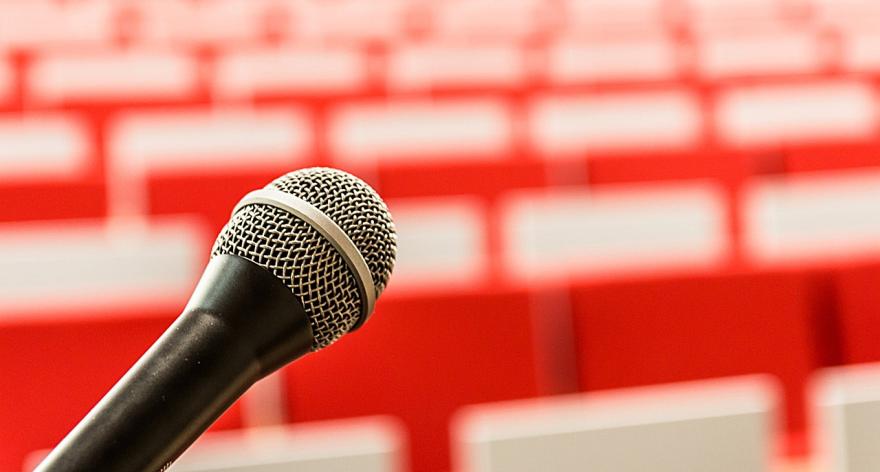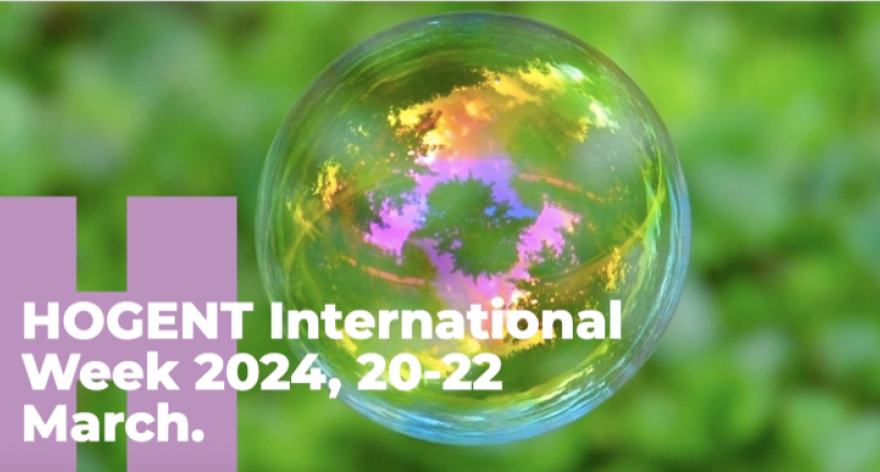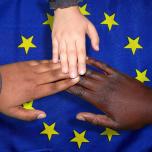International Association of Music Information Centers
Ravensteingalerij 38
1000 Brussels
Belgium
- Arts
The organisation has one Executive Manager and one Researcher, besides that the organisation works with a communication working grous composed of five members and a innovation and technology working group composed of all the technical staff of music infomration centers. IAMIC has a Board composed of a President, Vice-President, Treasurer, Secretary,and three ordinary Board Members. The Board meets at elast four times a year. IAMIC also has a Generam Assembly that meets one a year. The FUnding resources come from the EU, the Flemish Community, and Membership Fees and are in total €160.000 a year. The main actions/programmes of the organisation are: Music Monitor Project (Research Project) Office Exchange Programme ISCM/IAMIC Composers Award Annual Conference and Meeting The main partners of IAMIC are EMC, IMC, ISCM.
The International Association of Music Information Centres aims at becoming the foremost global network that facilitates the exchange of knowledge and expertise in the field of music documentation, promotion and information, leading to an increased international cooperation, performance and use of repertoire of music of all genres. Its objectives are to encourage and enhance access to information, materials, and products provided by its members, and to encourage the performance, broadcast, and dissemination of music from members; to encourage exchanges, collaborations, and the exchange of ideas, experiences and skills amongst its members, and to provide a range of relevant services to its members; to play an active role in the broader international music environment, and raise the profile of IAMIC.
IAMIC focuses on three main projects: The Annual Conference and Meeting is every year organised in another member country and is the summum of exchange among members and key stakeholders of music life in the hosting country. It results in enhanced knowledge on accessibility of foreign artists in the organising country and gives more insight in salient issues in the music world.. The Office Exchange Programme is based on the principles of intercultural dialogue, cultural diplomacy and life-long learning. Participants get the opportunity to work in another Center and get in touch with the foreign music life and practices. It results in enhanced cooperation, expertise and sustainable projects. The Music Monitor aims at creating an instrument to standardise data gathering among Music Information Centers in a sustainable way, taking into account the differences between countries and provides annual statistics for use in research and planning by governmental authorities, cultural operators, and funding bodies.
We realize that many organizations, member of the Foundation are based in Brussels, and more in particular international networks. That is why we believe that actively participating in the activities of the foundation does not mean passively joining them, but generating new ideas for future projects, taking initiatives in fields that are important for the Network in Belgium and involving as much as possible national organisations. Indeed, IAMIC is active in the international network world, but besides that it closely follows the happenings in the Belgian cultural world, both on the Francophone and Flemish side. It is indeed an advantage to have a Belgian Executive Manager who understands both the international challenges as well as the potential and possibilities of the complex cultural world in Belgium. We believe that this is indeed an added value and will contribute to a rich cooperation with the Network in Belgium and will facilitate the flow of ideas, know how and initiatives
IAMIC beliefs that with the expertise, know how and knowledge of its network, it can contribute to further enhance the understanding of music documentation and information in Mediterranean countries. Its programmes encourage the exchange between Mediterranean and other countries and among Mediterranean countries themselves. IAMIC believes that this results in mutual empowerment and cooperation and possibly could lead to new projects. Through the encounter with other organizations dealing with music in Mediterranean countries and beyond, IAMIC hopes to get in touch with different types of organizations dealing with Music in the Mediterranean. It beliefs that through these encounters, IAMIC can set up new partnerships and projects contributing to cultural diplomacy and intercultural dialogue while mutually enhancing each others capacities and scope.


